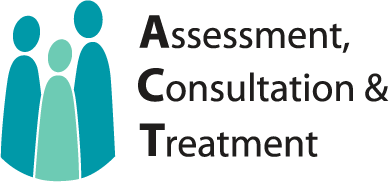Psychological & Behavioral Services for Children, Adults & Families
SET APPOINTMENT
ABOUT US
WHAT WE DO
INSURANCE & FUNDING INFO
READ

Applied Behavior Analysis (ABA) Services
Assessment, Behavior Services, or Applied Behavior Analysis (ABA) services:
- Are based in behavioral analytic theory and practice in which all behavior is believed to be purposeful—or serve to communicate the client’s wants and needs
- Aim to reduce problematic behaviors (tantrums, elopement, aggression, self-injury, perseverative behaviors, etc.)
- Teach new skills to replace the problematic behaviors or make them irrelevant
- Prioritize the use of reinforcement, or reward systems to increase more desired behaviors and skills
- Involve parents and caregivers to learn behavior strategies to use outside of services with the client
- Are provided in a more intensive format, typically by a Therapist a few times per week
- The client’s program is developed and supervised by a Board Certified Behavior Analyst who provides supervision to the Therapists and family
- Provide on-going measurable progress toward goals to be addressed in therapy
Behavior Services, often referred to as ABA services, focus on reducing a client’s problematic behaviors. Problematic behaviors are those that interfere with an individual’s functioning in their home, community and/or school environments. Behavior services serve to determine the purpose the problematic behaviors are serving the client, or what the client is trying to ultimately communicate to others by engaging in problematic behaviors. Behavior strategies are used by therapists and taught to parents and caregivers to decrease the problematic behaviors.
BEHAVIOR INTERVENTION PRIORITIES:
Behavioral intervention prioritizes the use of reinforcement procedures before punishment procedures and works collaboratively with clients and their families to develop behavior intervention plans and measurable goals for services.
ABA procedures can involve a variety of teaching methodologies depending on the level of impactedness of the client and their needs, which may include
- Pivotal Response Training (PRT),
- Discrete Trial Teaching,
- Functional Communication Training, etc.
and may include a combination of these methodologies.